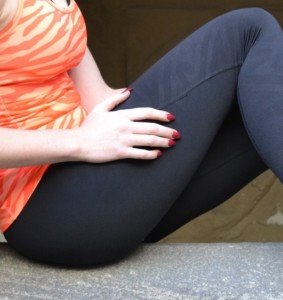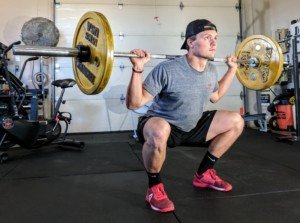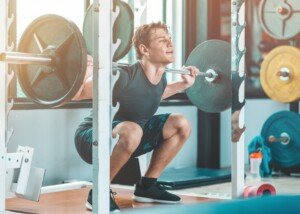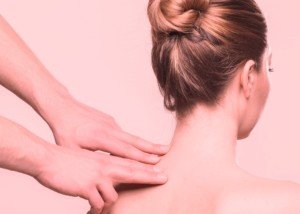A neurologist explains exactly what makes the quad muscles twitch after a workout of squats, deads or whatever leg workouts you do.
You trashed your quads in the gym and now they’re twitching like mad; what’s going on here? Is this normal?
“Many people experience an annoying, random or rhythmic twitching of the large thigh muscles of the leg called the quadriceps,” says Anthony P. Geraci, MD, associate professor of neurology at Donald & Barbara Zucker School of Medicine in New York.
“These twitches, also named fasciculations, can occur in many muscles throughout the body, and are particularly noticeable in some people after exercise.”
Dr. Geraci says that during exercise, “the muscle uses glucose and oxygen from the blood as its energy source.
“After a certain amount of time, say 20 minutes, the muscle must turn to other sources of energy as its requirements go up, but the fuel of available glucose goes down.
“This is when the muscle metabolizes fats in the body to use as fuel, leading to a buildup in the cell of lactic acid.”
What weightlifting enthusiast hasn’t heard of lactic acid?
Dr. Geraci continues, “As lactic acid builds up in the muscle, a chain of events takes place that temporarily ‘injures’ the muscle cell and destabilizes its cell membrane.
“Normally, the muscle membrane is kept stable by the single nerve fiber attached to it.
“However, if the chemical soup within the muscle is temporarily toxic to the membrane, it will set off an electrical impulse, referred to as depolarization. This is the basic process that leads to muscle fiber contraction.
“During the resting phase after exercise, the muscle cleanses itself of the lactic acid and other free radical metabolites (bad molecules that destabilize the membrane) and within time the twitches subside.”
So there’s your explanation for what causes your quads to twitch after lifting weights.
But what if the twitching persists long after your weightlifting session?

Dr. Geraci says that the twitching is a “manifestation of a destabilized muscle fiber membrane.
Remember, each muscle has tens of thousands of muscle fibers, so if a few have unstable membranes that contract and cause a twitch, there will be no consequence to strength or muscle health.”
So as long as next leg workout, you can get under that heavy barbell and squat as usual, or execute your typical deadlifts, leg presses or single-leg dumbbell step-ups, there is nothing to worry about.
Twitching, even in one specific group such as the quads, during or after lifting weights can also be caused by something you’re drinking before, during or after the workout that contains caffeine.
Dr. Geraci says that caffeine can cause twitching. Other causes are stress and many prescription drugs.
“The bottom line is that twitches, particularly in young persons who are active and exercising, are almost NEVER a sign of a serious neurological condition – just a sign that you are using you muscles the way they were meant to be used!”
 Dr. Geraci is also the director of neuromuscular medicine at Northwell Health in New York.
Dr. Geraci is also the director of neuromuscular medicine at Northwell Health in New York.
 Lorra Garrick has been covering medical, fitness and cybersecurity topics for many years, having written thousands of articles for print magazines and websites, including as a ghostwriter. She’s also a former ACE-certified personal trainer.
Lorra Garrick has been covering medical, fitness and cybersecurity topics for many years, having written thousands of articles for print magazines and websites, including as a ghostwriter. She’s also a former ACE-certified personal trainer.



























